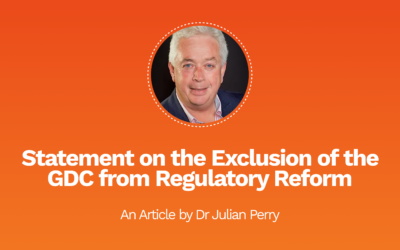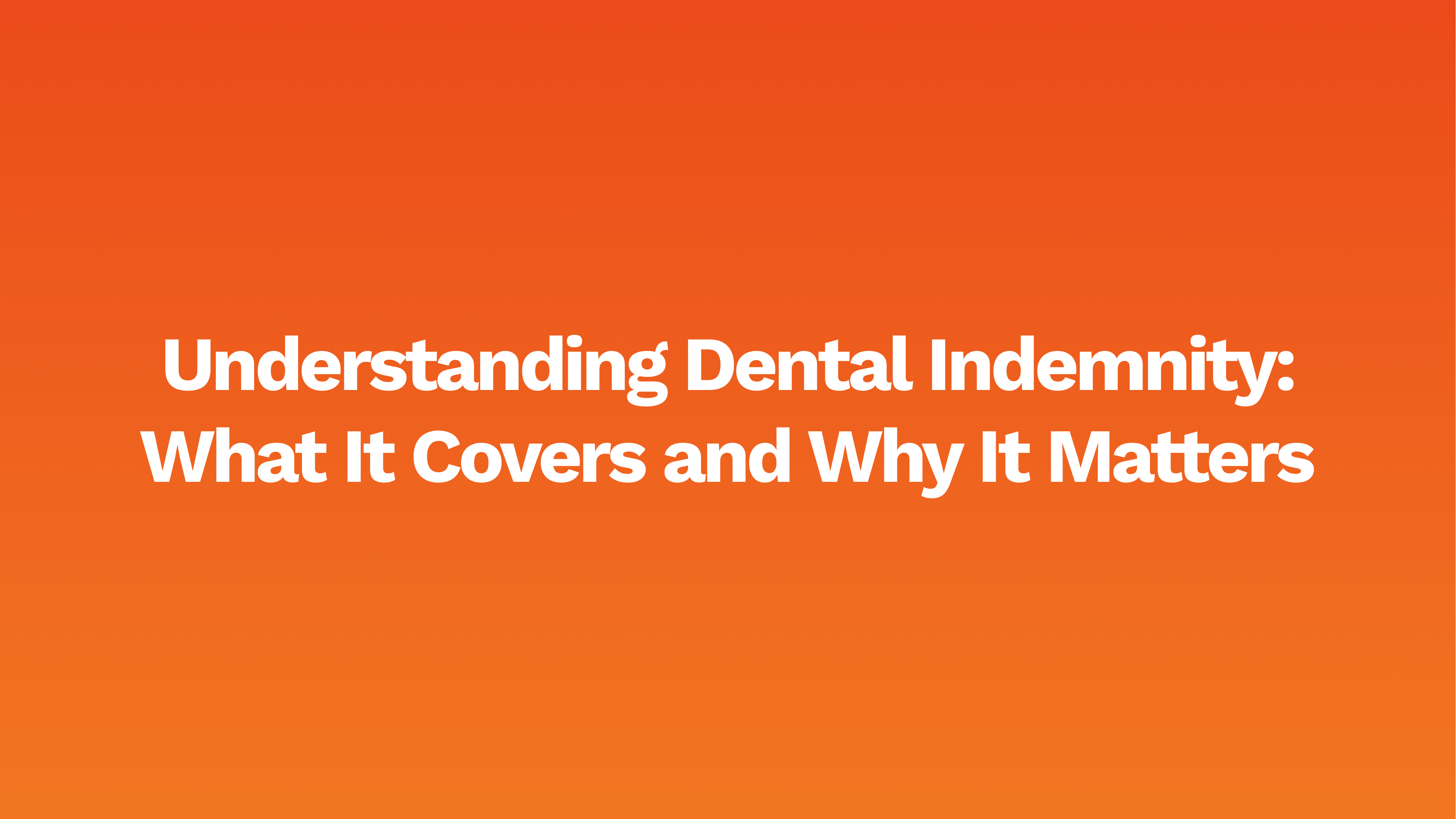Dentistry’s latest census shows that 73% of dentists anticipate doing less NHS dentistry in the coming two years, while 84% anticipate undertaking more private dentistry work in the next 12 months. But why might this be?
Historically, many dental practices have encountered multiple barriers when considering moving away from NHS services – namely, the risk of losing loyal patients who are familiar with NHS care and upset with the transition.
However, public opinion is starting to become less of a concern. Since the pandemic, patients have become familiar with businesses needing to evolve to survive. As a result, they may be more understanding when faced with the news of their practice going private.
NHS waiting times for dental treatment can reach up to three years. The Association of Dental Groups warns that underfunding of the system, combined with the pressures of COVID-19 and post-Brexit Britain, may exacerbate this situation even further.
Shawn Charlwood, chair of the BDA’s general dental practice committee, states: “Dentists are simply not seeing a future in the NHS, with a broken contract pushing out talent every day it remains in force”.
Many practices make the transition from NHS to private so they can provide a higher quality of care, as they can spend more time with each patient. This attention to detail is an attractive concept with dentists and patients alike, drawing those who can afford it to make the switch.
Whether or not you’re seeing a higher influx of private patients, you’ll want to ensure you are protected in the event of a claim.
At Densura, we offer insurance that covers you after you cease practice. Cover is contractual and is provided by great people with your interests at heart.
Any questions you have, either as an existing Densura member or if you are thinking of joining, our dedicated team are there to offer help and advice. Get in touch today.
Author: Rachel Barrow



